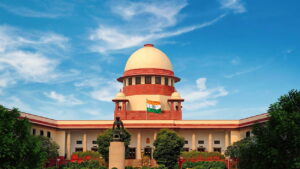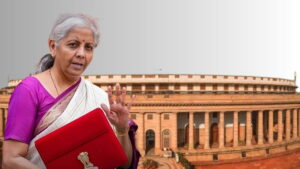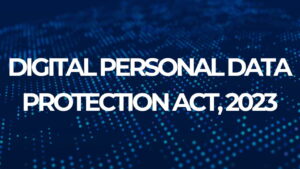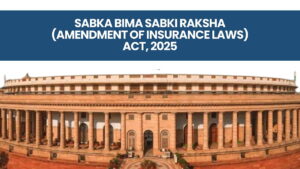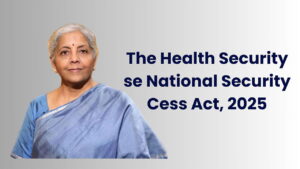India’s electoral roll process is one of the largest democratic undertakings in the world, and its integrity begins with a simple yet powerful document: the voter list. With over 900 million registered voters, maintaining accurate electoral rolls is both a logistical and constitutional challenge. In this context, the Supreme Court’s recent decision in July 2024 in Association for Democratic Reforms vs. Election Commission of India W.P.(C) No. 640/2025, allowing Bihar to proceed with its Special Intensive Revision (SIR) of voter rolls, marks a significant moment in reinforcing the constitutional mandate of the Election Commission of India under Article 324.
The Representation of the People Act, 1950, particularly Section 21, mandates regular updates to the electoral rolls. With high internal migration and demographic changes, names often remain on the rolls despite deaths or relocations. When such errors accumulate, they risk the fairness of the democratic process. The Apex Court’s nod to the SIR exercise is not merely an administrative green light but a constitutional affirmation of the ECI’s duty to maintain the sanctity of elections. As the Supreme Court emphasized in the landmark PUCL case, the right to vote is meaningful only when the system is trustworthy. One fraudulent vote can dilute the power of a genuine one, undermining Article 14’s promise of equality.
A common fear is that Bihar’s exercise may mirror Assam’s contentious National Register of Citizens (NRC). However, this comparison is misplaced. The NRC was a citizenship verification program with far-reaching consequences. In contrast, the SIR focuses solely on ensuring that only already-eligible voters remain on the rolls. The ECI does not have the constitutional authority to determine citizenship.
In its deliberations, the Supreme Court acknowledged suggestions that documents like Aadhaar and ration cards could be used to establish voter eligibility. While seemingly practical, such documents are not fool proof. They were designed for general identification or welfare distribution, not as definitive proof of electoral eligibility as even non-citizens can possess them. Over-reliance on such documents could compromise the integrity of the verification process and defeat its core objective.
At its heart, the SIR initiative is about safeguarding the value of each legitimate vote. A clean and credible voter list is not a tool of exclusion but a shield that protects the democratic process. As the Supreme Court rightly recognized, maintaining accurate rolls is essential to upholding public trust in elections and the constitutional framework that supports them.


